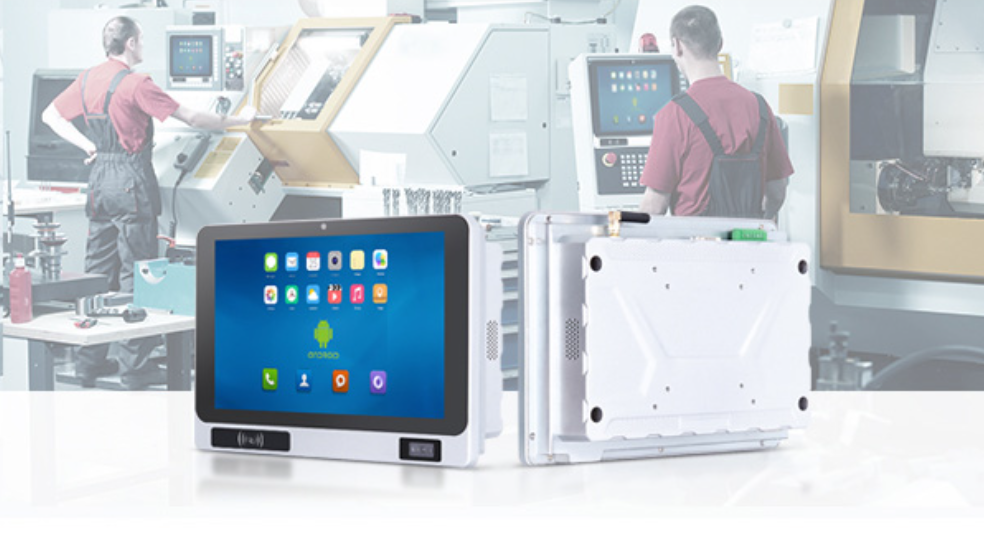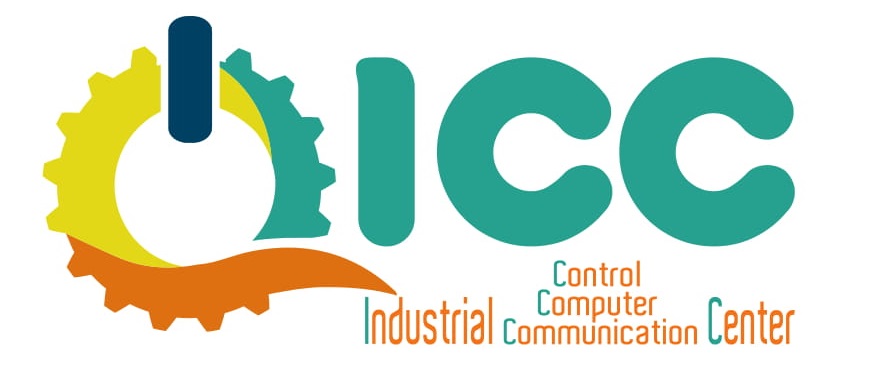

9.01.2024 13:13:36
A Comprehensive Selection Guide For Industrial Computers
Pubblicato da: ICC Dijital
Choosing the right industrial computer!
Industrial Computers (IPC) play an important role by providing computing power in many industries such as automation, control, data acquisition and more. Choosing the right industrial computer is important to ensure it can meet the requirements of a particular application. In this comprehensive selection guide, we will explore the key factors you need to consider when choosing an industrial computer.
- Working Environment : Working environment is a critical factor when choosing an industrial computer. Different industries and applications expose IPCs to a variety of conditions. Consider the following environmental factors:
Temperature: Determine the operating temperature range of your application. Some environments may require IPCs to operate in extremely hot or cold environments.
Humidity: In environments with high humidity or the potential for moisture exposure, choose IPCs with appropriate protection.
Dust and Particles: Levels of dust and particles can be high in industries such as manufacturing or agriculture, so IPCs with dust-resistant properties are important.
Vibration and Shock: In applications involving heavy machinery or transportation, ensure the IPC can withstand vibrations and shocks.
Chemical Exposure: Some industries, such as chemical processing, may expose IPCs to corrosive chemicals. For these environments, choose IPCs with protective coatings or encapsulations.
- Performance Requirements : The performance of an industrial computer depends on the specific needs of your application. Consider the following elements:
Processing Power: Determine the required CPU power and speed. More complex applications may require multi-core processors or dedicated CPUs.
RAM and Storage: Consider the amount of RAM and storage required to process your software and data. SSDs are often preferred due to their durability and speed.
GPU: If your application involves graphics-intensive tasks, consider whether you need a dedicated graphics processing unit (GPU).
Connectivity: Ensure the IPC has the necessary ports and network interfaces for data collection, communications, and peripheral connections.
- Form Factor : Industrial computers come in a variety of form factors, each designed to suit different installation and space requirements. Consider the form factor that best suits your application:
Rack-Mount IPCs: Suitable for server cabinets and data centers, these IPCs are compact and space-saving.
Panel IPCs: These IPCs provide touch screen and computer integration, making them ideal for human-machine interface (HMI) applications.
Box IPCs: Self-contained units designed for flexible installation in industrial environments.
DIN Rail IPCs: Common in industrial automation, these IPCs can be easily mounted on DIN rails in control cabinets.
- Mounting Options : Consider the mounting options for your IPC:
Wall Mounting: Ideal for saving space on walls, providing easy access for maintenance.
Panel Mounting: For seamless integration with control panels, machinery or industrial equipment.
VESA Mount: VESA compatible IPCs can be attached to standard VESA mounts for versatile display positioning.
Desktop or Standing: Suitable for applications requiring portability and ease of access.
- Display and Touch Screen Requirements : In applications where operators or technicians interact directly with the IPC, the selection of display and touch screen is important:
Screen Size: Choose a screen size that provides clear visibility for specific tasks.
Resolution: High resolution is important for applications that require detailed images.
Touch Screen Type: Capacitive touch screens are more durable and responsive than resistive ones for use with gloves. In some cases, resistive touch screens may be preferred for use with gloves.
Brightness and Sunlight Readability: Ensure the screen is visible in ambient light conditions.
- Expansion and Customization : Consider expansion options and need for customization:
PCIe Slots: Determine whether you need expansion slots for additional cards, such as field bus, communications, or graphics cards.
Customization: Some IPC manufacturers offer customization options to tailor the PC to your specific application needs.
Input/Output Ports: Ensure the IPC has the necessary I/O ports to interface with sensors, cameras, actuators, and other equipment.
- Reliability and Longevity : Industrial computers are expected to have a longer lifespan than consumer-grade computers. Consider IPC's reliability and longevity features:
MTBF (Mean Time Between Interval): Look for IPCs with high MTBF to ensure long-term operation without frequent failures.
Fan Design: IPCs with fans are preferred in dusty environments as they reduce the risk of dust accumulation and thermal malfunctions.
Industrial Grade Components: Check to see if IPC uses industrial grade components designed to withstand harsh conditions.
Warranty and Support: To protect your investment, verify the warranty and support offered by the manufacturer.
- Regulatory Compliance : Ensure the Industrial PC complies with relevant industry standards and regulations:
CE Mark: In Europe, the CE mark indicates that the product complies with EU directives.
UL Certification: For compliance with safety and electrical standards, primarily in North America.
ATEX or Hazardous Area Certification: Required in environments containing explosive atmospheres.
IP Rating: Indicates protection against dust and moisture.
- Total Cost of Ownership (TSOM) : Consider not only the initial purchase cost, but also long-term costs such as maintenance, support and business downtime. A reliable IPC with a higher initial cost can lead to lower TOSOM due to reduced maintenance and business interruption expenses.
- Scalability and Future-proofing : Consider the potential scalability of your Industrial PC solution. As your application evolves, you may need to expand or upgrade your IPC. Choose a solution that offers flexibility for future growth.
Ultimately, choosing the right industrial PC involves evaluating the operating environment, performance requirements, form factor, mounting options, display and touchscreen capabilities, expansion and customization capabilities, reliability, compatibility, TSOM, and scalability. By carefully considering these factors, you can choose an industrial PC that provides long-term reliability and performance to suit your specific application needs.
ICC DIGITAL INDUSTRIAL TECHNOLOGIES Bv.
Wittestraat 103/Bus 2, 2020 Antwerpen Belgio
Telefono: +32 486 52 34 00
E-Mail: info@iccdigital.eu
Web: https://www.iccdigital.eu
IVA / BTW: BE 0793.849.582

